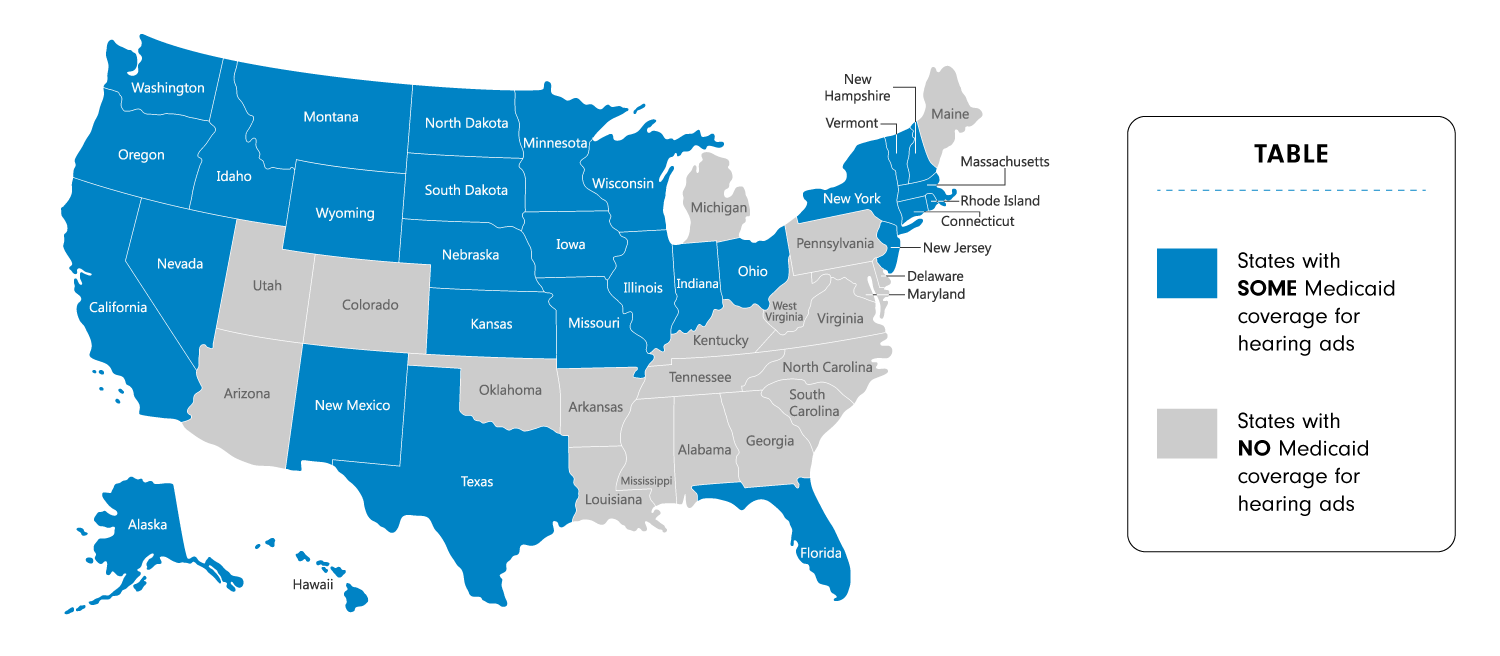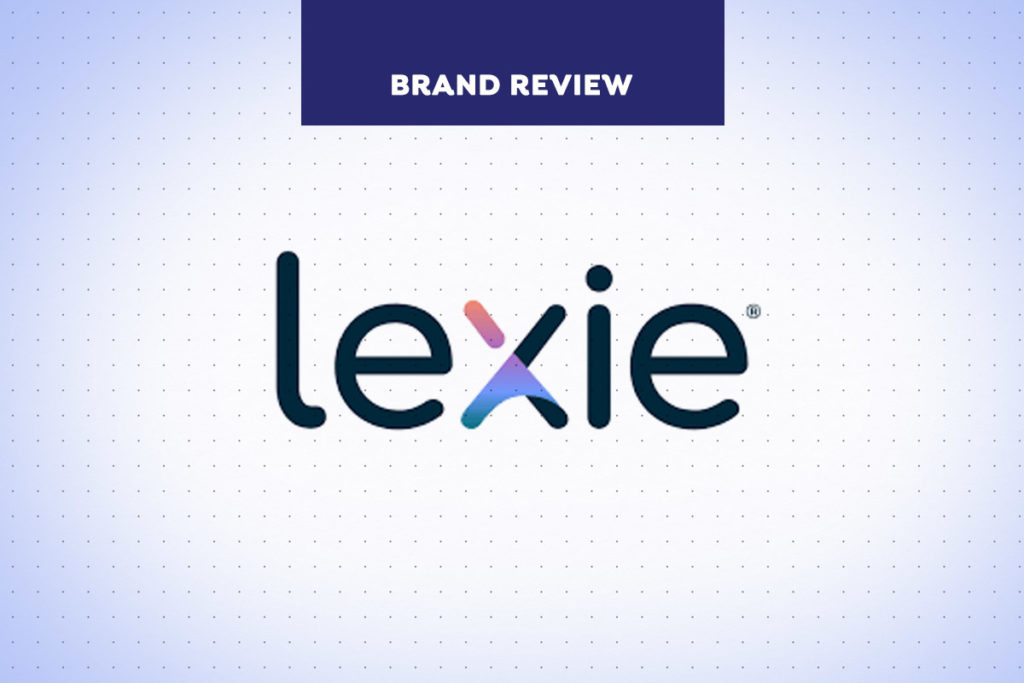
Does Insurance Cover Hearing Aids?

If you’ve done any research on hearing aids, you’ve come to realize just how expensive they can be. So, if your doctor recommends them to you, one of your first questions may be “Does insurance cover hearing aids?” and if so, what is the level of coverage you can expect?
Treatment is Important
If left untreated, hearing loss can lead to an increased risk of depression and dementia, because people often withdraw from social situations
Testing Them Out
Most companies that make hearing aids will allow you a trial period to make sure they are right for you
Hearing As We Age
More than 50 percent of people over the age 75 have some degree of hearing loss
Find What You Need
Does Health Insurance Cover the Cost of Hearing Aids?
Unfortunately, it’s not likely that your medical insurance will cover the costs of hearing aids. Most insurance companies don’t consider hearing aids an essential medical device and label them as ‘elective’ instead. Depending on your insurance company, they may offer an optional hearing plan you can pay extra for (similar to stand-alone plans that offer partial coverage for eye exams, glasses, and contacts.) These plans generally aren’t full-coverage, and you will still incur a good portion of out-of-pocket expenses for testing, fittings, and the hearing aids themselves.
Only a handful of states (Arkansas, Connecticut, Illinois, New Hampshire, and Rhode Island) mandate health insurance plans offered in their state to cover the cost of hearing aids for adults. For children, that number jumps to 20 states. And in all cases, you may find that certain insurance plans are exempt from these mandates.
Does Medicare Cover Hearing Aids?
Medicare is the federally-funded healthcare program for Americans 65 and older. The original Medicare plan itself does not cover the cost of hearing aids or fittings. When Medicare became law in 1965, lawmakers decided hearing aids were “low in cost,” and the government did not need to pay for them. And the law hasn’t changed since then.
If your doctor recommends a hearing or diagnostic test, Medicare Part B (which is your medical insurance) will cover some of the cost. Although, it’s likely you will incur out-of-pocket expenses for the testing. Depending on the supplemental plan you choose for your Medicare Part C, you may receive some coverage for the hearing aids themselves. If hearing aids are something that you need, finding a Medicare Part C plan that offers hearing coverage will be important when the re-enrollment period begins in late fall.
I’m a Veteran. Will the VA Cover the Cost?
The U.S. Department of Veterans Affairs says hearing loss is one of the most common service-related injuries among veterans. It should be no surprise, since active-duty service members and veterans are or have been routinely exposed to loud noises from blasts or gunfire. In fact, more than three million veterans currently suffer from hearing loss or tinnitus.
If you’re a veteran experiencing hearing loss and you already have benefits through the VA, then you can make an appointment with your VA Audiology and Speech Pathology Clinic. You’ll be given a hearing test and evaluation, and then the VA audiologist will make a clinical determination if you need hearing aids or some other type of hearing device.
If the audiologist recommends hearing aids, you will receive them for free – along with all repairs and batteries. The only requirement is you have to maintain your eligibility for care with the VA.
Does Medicaid Offer Hearing Aid Help?
Medicaid is a state and federal government-funded program that provides healthcare to eligible low-income adults or those with disabilities. Depending on the state you live in, Medicaid may cover some or all costs related to hearing aids. It’s best to check with your state Medicaid agency to find out the specifics of their plan.
Over-the-Counter Hearing Aids
In August of 2022, the U.S. Food and Drug Administration (FDA) established a new regulatory category for over-the-counter (OTC) hearing aids. This will allow adults with mild to moderate hearing loss to buy hearing aids directly from stores, pharmacies or online retailers. You will no longer need a medical exam, prescription or a fitting by an audiologist.
There are several companies that already sell hearing aids directly to the consumer through their websites, but these devices don’t technically meet the FDA’s definition of hearing aids. This new ruling will regulate that industry and ensure OTC hearing aids meet the FDA’s performance criteria for safety and effectiveness. It will also increase access to hearing aids for Americans who need them. Devices for severe hearing loss and for children will still require a prescription.
In many other instances, when a medicine or medical product is able to be sold over the counter, insurance companies no longer cover it. So, you’ll want to check with your insurance plan for any changes they may have made in light of this new ruling. Despite insurance coverage, this move is intended to create more competition in the market and lower the cost of hearing aids overall.
The ruling will take effect in October 2022, and the expectation is you will be able to buy hearing aids in stores shortly thereafter.
Other Hearing Aid Coverage Options
Because of your career, affiliation or other situation, you may be eligible for programs with special coverage options. So, it’s important to check with your health insurance provider to see if you qualify.
- The Federal Employee Health Benefit Program through Blue Cross Blue Shield covers up to $2,500 for hearing aids every three years.
- Some teacher retirement groups or city and state government employee group belong to a network of providers that offer a discount on hearing services.
- If you are a member of AARP, you may receive discounts on hearing aids at participating hearing centers.
- If your hearing is damaged because of your job, workers’ compensation may help pay for hearing aids.
- If your ability to work is being affected by your hearing loss, you may be able to receive financial assistance through the Social Security trust fund.




